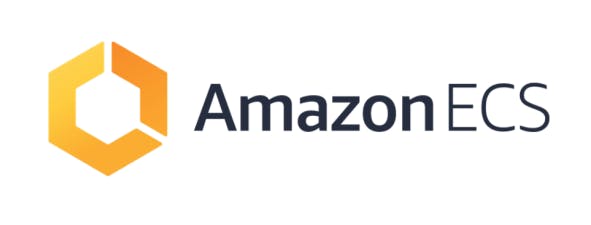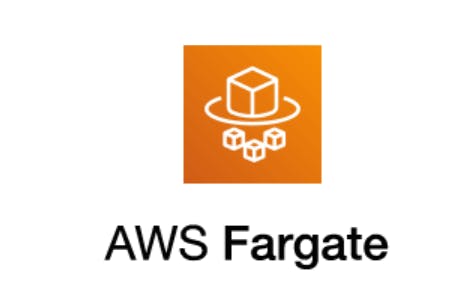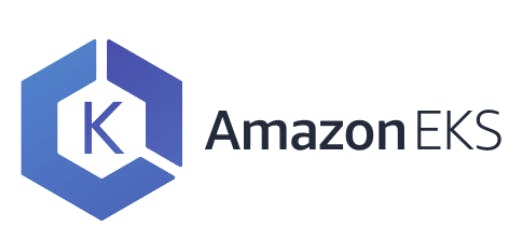Introduction
In the world of containerized applications, Amazon Web Services (AWS) offers two prominent services for orchestrating containers: Amazon Elastic Container Service (ECS) and Amazon Elastic Kubernetes Service (EKS). Both have their unique features and benefits, making it essential to understand their differences and choose the right one for your specific use case. In this blog, we will explore ECS and EKS, look into AWS Fargate, and discuss when to use each service, their deployment options, scaling mechanisms, and pricing structures.
Amazon ECS: Container Orchestration Made Simple

Amazon Elastic Container Service (ECS) is a fully managed container orchestration service that simplifies the deployment, management, and scaling of Docker containers. ECS offers two deployment options: EC2 launch type and AWS Fargate. Let’s take a closer look at each:
- EC2 Launch Type

In this mode, you manage the underlying EC2 instances on which your containers run. ECS schedules containers onto your instances based on resource requirements and availability. While you have more control over the infrastructure, you also bear the responsibility of managing the underlying EC2 instances, including scaling and patching.
- AWS Fargate

Fargate is a serverless computing engine for containers. It abstracts away the underlying infrastructure, allowing you to focus solely on your containerized applications. Fargate automatically scales your application as needed, making it a hassle-free option for developers who want to focus on code rather than infrastructure.
Amazon EKS: The Power of Kubernetes

Amazon Elastic Kubernetes Service (EKS), on the other hand, is a managed Kubernetes service that enables you to deploy, manage, and scale containerized applications using Kubernetes. Kubernetes is an open-source container orchestration platform known for its robust features, including advanced scaling, self-healing, and extensive ecosystem support.
When to Use ECS vs. EKS
Choosing between ECS and EKS depends on your specific use case and requirements. Here’s a guideline to help you decide:
Use Amazon ECS When:
You prefer a simplified, opinionated container orchestration service.
Your team has experience with Docker and wants a seamless AWS integration.
You need to run containers with minimal setup and management overhead.
Cost optimization is a primary concern, as ECS can be more cost-effective for certain workloads.
Use Amazon EKS When
You require the full power and flexibility of Kubernetes.
Your application architecture is complex, and you need advanced orchestration features.
You have an existing investment in Kubernetes and want to leverage it on AWS.
Multi-cloud or hybrid cloud deployments are part of your strategy, as Kubernetes offers more portability.
Deployment Comparison: ECS vs. EKS
Both ECS and EKS offer multi-container deployment capabilities, but they use different approaches:
ECS Multi-Container Task ECS allows you to define multiple containers within a single task definition. These containers share the same network namespace, storage volumes, and lifecycle. This is suitable for microservices architectures where tightly coupled containers must run together.
EKS Pods Kubernetes, used in EKS, uses the concept of Pods to group one or more containers together. Pods share the same network and storage resources and are scheduled together on the same node. Kubernetes provides more advanced orchestration features for multi-container deployments, making it a better choice for complex applications.
Scaling Mechanisms
Scaling in ECS and EKS is based on different principles:
ECS Scaling ECS supports both manual and auto-scaling. You can use Amazon EC2 Auto Scaling groups with ECS to automatically adjust the number of EC2 instances based on CPU or memory utilization. ECS Service Auto Scaling can also scale the number of tasks within a service based on custom-defined CloudWatch alarms.
EKS Scaling Kubernetes offers powerful scaling capabilities, including Horizontal Pod Autoscaling (HPA). HPA automatically adjusts the number of pods based on CPU or custom metrics, ensuring your application can handle varying workloads effectively. Kubernetes also provides Cluster Autoscaler to scale the underlying nodes based on resource constraints.
Price Comparison
Pricing for ECS and EKS varies depending on your specific use case and deployment choices. Here’s a high-level overview:
ECS Pricing ECS pricing includes charges for the underlying EC2 instances, load balancers (if used), and any additional AWS services you consume, such as Amazon RDS or Amazon S3. AWS Fargate pricing is based on vCPU and memory allocation for tasks.
EKS Pricing EKS pricing includes charges for the EKS control plane, EC2 instances (if used), and other AWS resources. You are also responsible for the underlying EC2 instances in your EKS cluster. Additionally, you may incur charges for AWS Load Balancers, storage, and other associated services.
ECS vs. EKS - Which is Better?
The choice between Amazon ECS and Amazon EKS ultimately boils down to your specific requirements and expertise. ECS is an excellent choice for teams looking for simplicity, automation, and cost-effectiveness for certain workloads. On the other hand, EKS is the right choice for those who need the full power of Kubernetes, especially for complex applications and multi-cloud strategies. In summary, ECS offers a straightforward path for container orchestration, while EKS provides the robustness and extensibility of Kubernetes. Regardless of your choice, AWS has the right tools to support your containerized application needs. Evaluate your project’s goals, technical requirements, and team’s expertise to make an informed decision between ECS and EKS.

